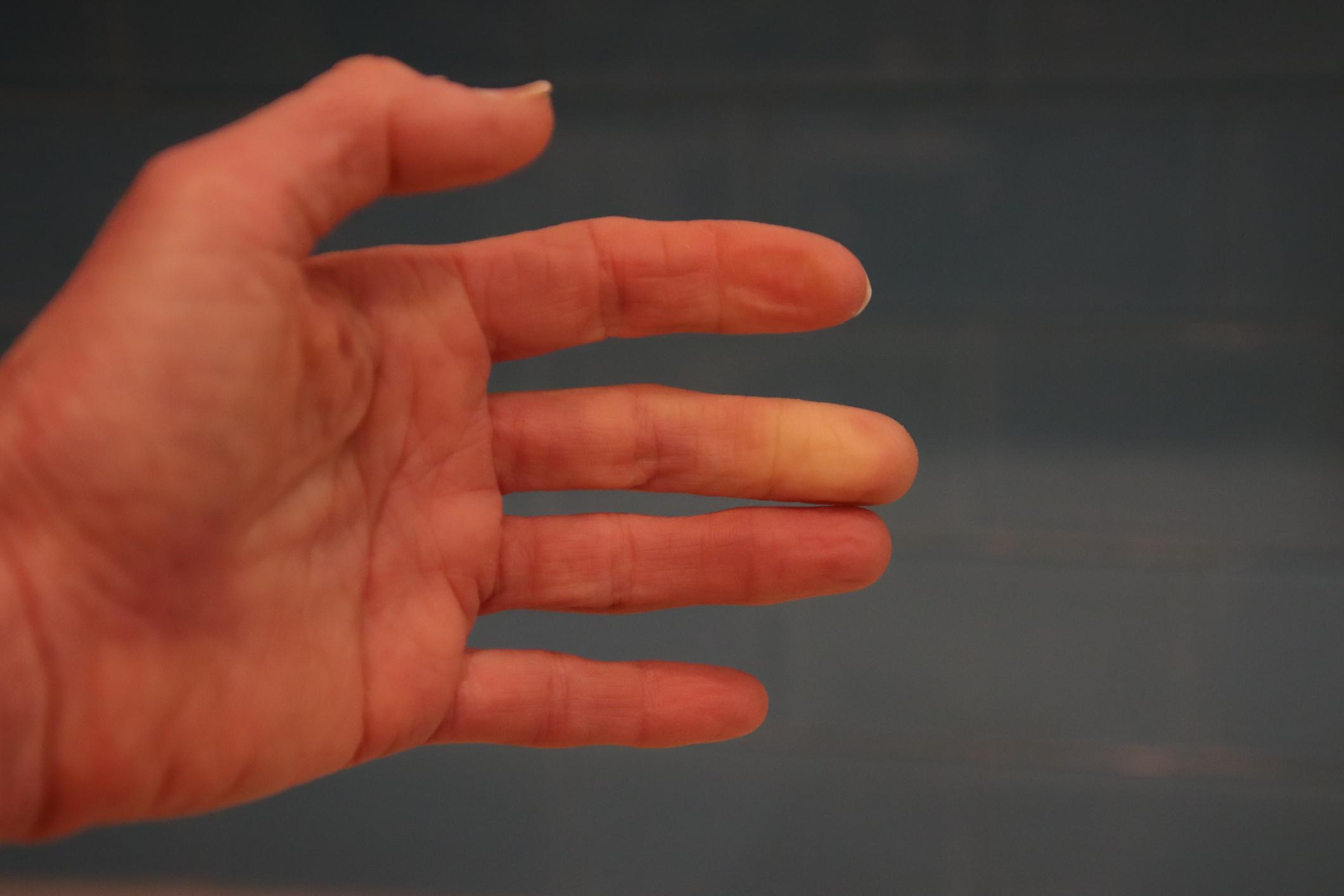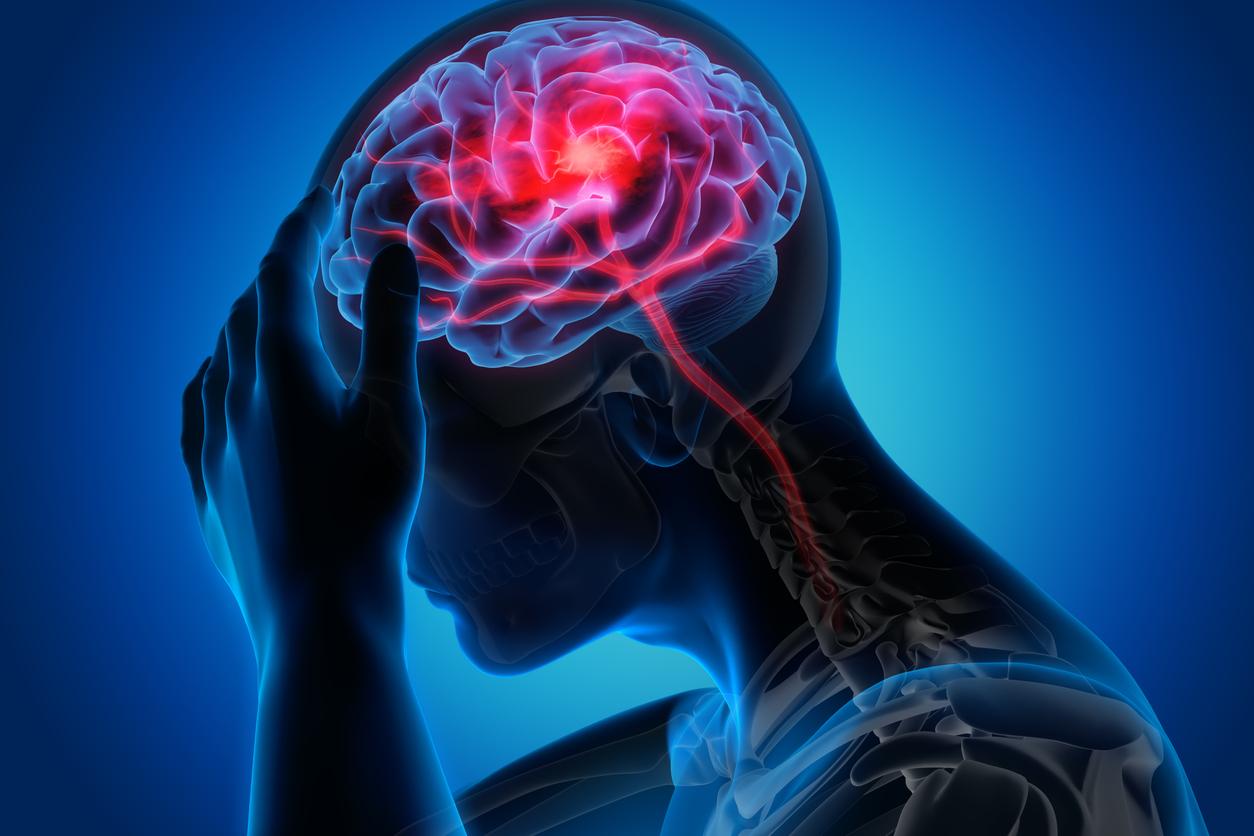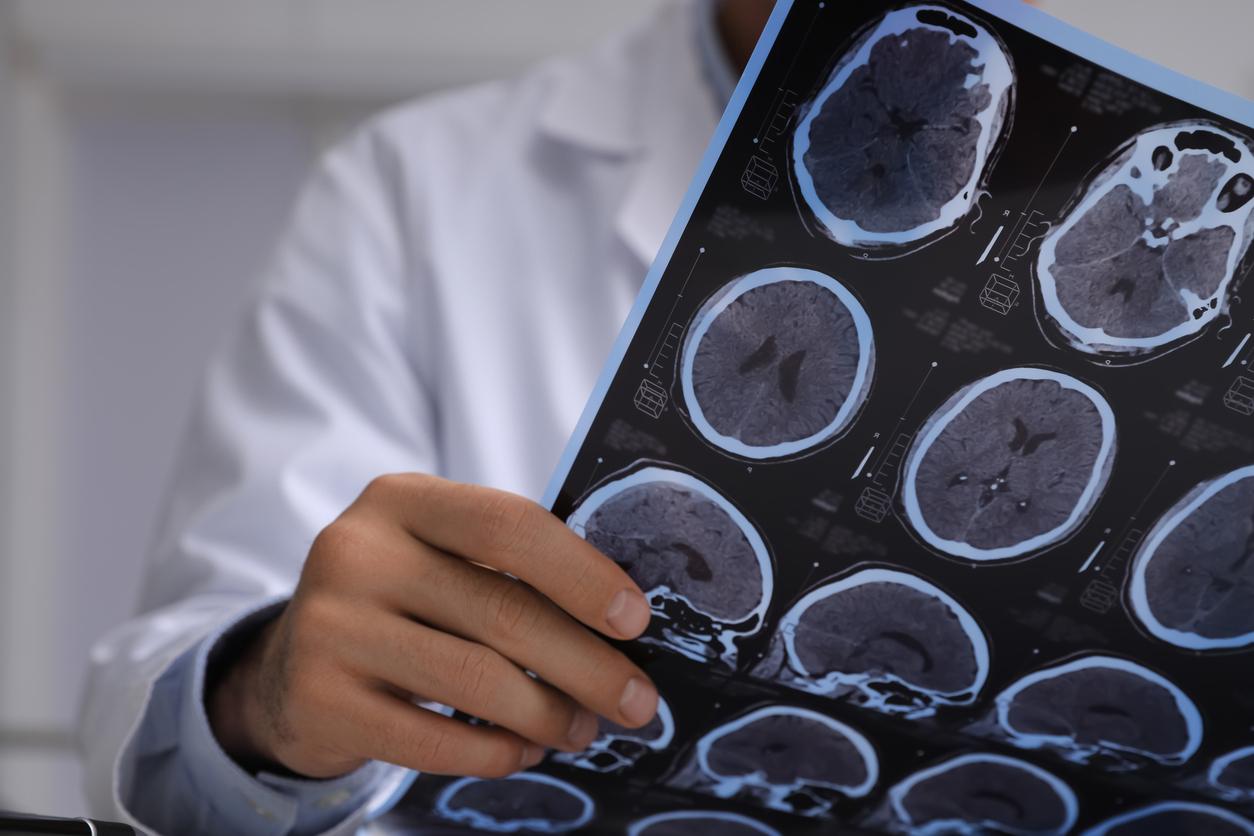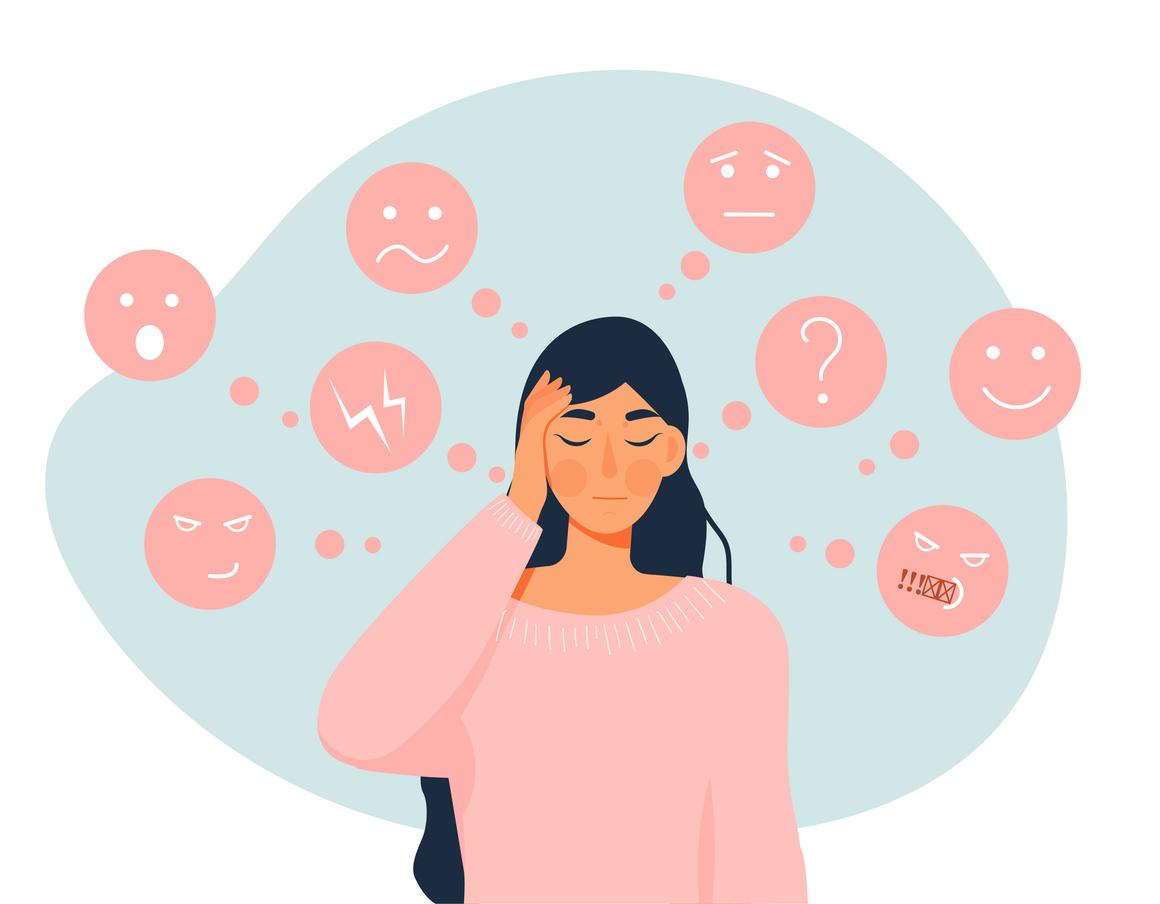What is bipolar disorder?
the bipolar disorder, also called bipolar affective illness, is a serious psychiatric condition. People with the disease, often referred to as manic-depressive, exhibit extreme mood swings and oscillate between intense excitement, called mania, and deep depression, each of these phases being unrelated to the events actually experienced. On average, bipolar disorder appears in young adults, around the age of 30. The disorders can last a few weeks or a few months and then stabilize for several years.
What’s the difference with mood swings?
Life is full of ups and downs. It is quite normal, and even psychologically healthy, to feel sad or irritated at times. But with bipolar disorder, the highs are very high and the lows very low. The manic episode is defined by an exaggerated euphoric mood, associated with physical and mental hyperactivity. THE’depressive episodeis characterized by a sad mood often associated with loss of interest or pleasure in all activities, disturbed sleep, or even thinking or suicide attempts. It is therefore a real disease, sometimes very debilitating and which must be treated.
Symptoms of bipolar disorder
In addition to extreme mood swings, bipolar disorder can be associated with other signs which, if combined, should alert and encourage diagnosis:
– Erroneous judgment of reality,
– Crises of violence or aggression,
– Alcoholism,
– Problems with justice
– Dangerous driving or excessive speed,
– Modification of the character,
– Excessive sensitivity,
– Sleep problems,
– Inability to cry and or to express emotions,
– Family history.
Causes of bipolar disorder
The origin of bipolar disorder is complex but genetic and environmental vulnerability factors are believed to be involved. If one of the first degree relatives is affected, the probability of suffering from bipolar disorder is 10%. The weakening environmental factors can take their root in events that occurred during childhood (bereavement of a parent, emotional deprivation, sexual assault, etc.)
How is bipolar disorder treated?
The treatments put in place to treat bipolar disorder improve the quality of life of patients and those around them. Drug treatment is generally based on taking lithium, which limits the occurrence of depressive and manic attacks and regulates mood. This treatment is possibly combined with antidepressants and anxiolytics. Psychotherapy is also essential. It is important to treat this disease. The risk of suicide is indeed major: it affects 10 to 15% of untreated patients.


















